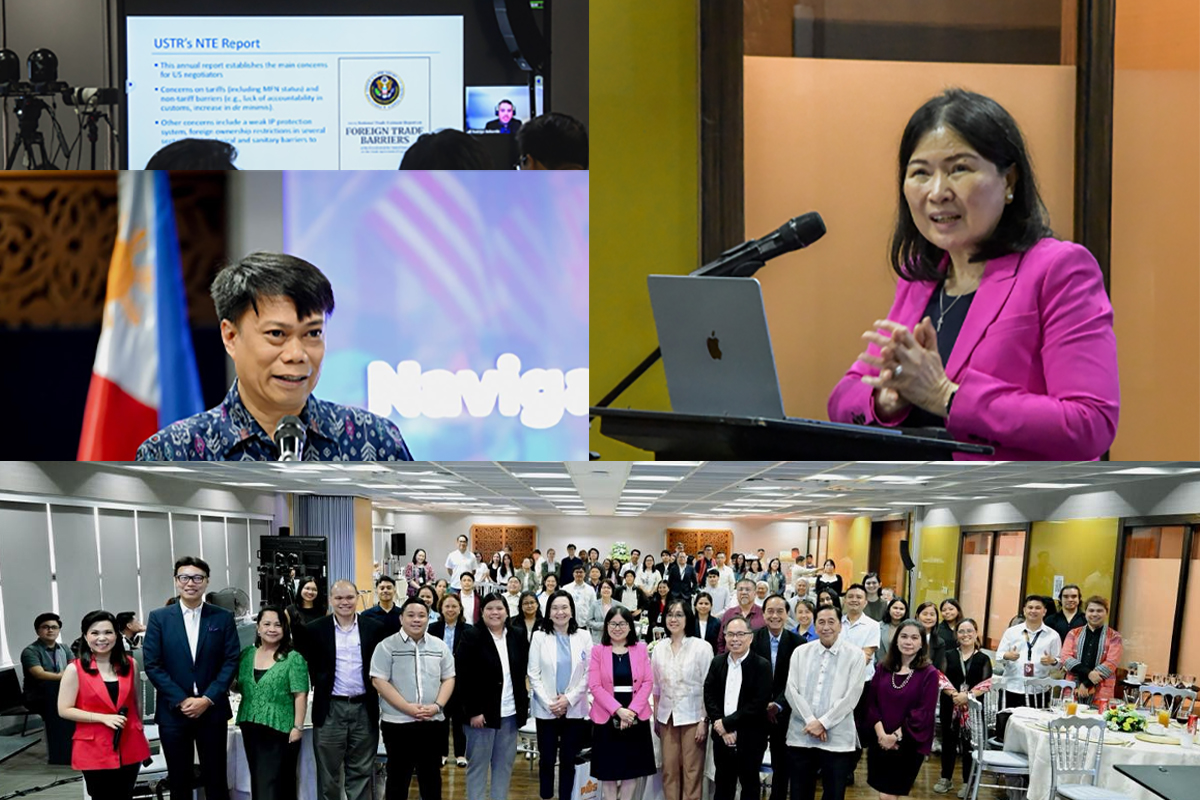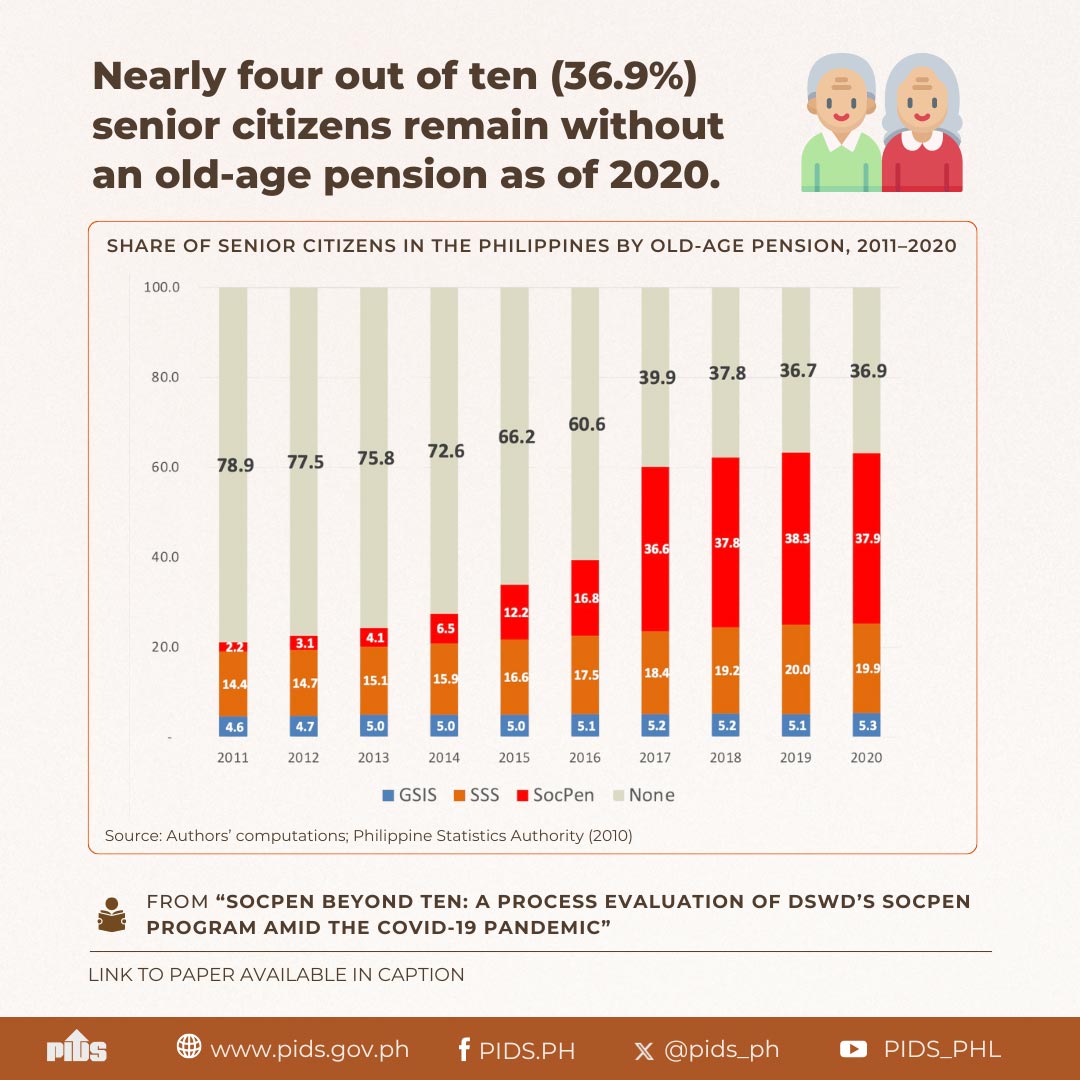CBAA’s Dr. Sheevun Guliman, a faculty member of the Department of Accountancy and Coordinator of CBAA’s Graduate Program, joined other local and international researchers in a Philippine Institute for Development Studies (PIDS) symposium on “Navigating the New Normal: Restarting and Rebuilding Global MSMEs” last June 23, 2021.
The symposium, which featured a series of paper presentations by participants, was organized by the prestigious PIDS, in partnership with the Philippine APEC Study Center Network (PASCN) and the University of the Asia and the Pacific (UA&P).
PIDS is the government’s primary socioeconomic research and policy-recommending body that is heavily involved in crafting relevant programs for inclusive and sustainable development in the Philippines.
Dr. Guliman’s paper focused on the role of financial sophistication of MSMEs in connecting their business strategies to sustainability indicators. These sustainability indicators were measured through environmental, economic, social and governance basis. She explains that while most MSME’s main focus during the Covid-19 pandemic would be to remain profitable, she advised that taking on measures to innovate processes, introduce new products, explore new markets and capitalize on emerging entrepreneurial opportunities would greatly contribute to their sustainability in the new normal.
Dr. Guliman also recommended that MSME firm owners improve their financial behavior and decision-making style as these have implications on their firm performance.
The Accountancy professor also suggested that government institutions should provide better incentives to environmentally and socially responsible entrepreneurs to further encourage them to look beyond profit objectives.
In addition to various paper presentations, the symposium also featured speakers who discussed various other topics on MSMEs coping in the Covid-19 pandemic. These speakers are from the Asian Institute of Management, University of Auckland, Universiti Kebangsaan Malaysia, Japan’s National Graduate Institute for Policy Studies, and University of the Asia and the Pacific.
CBAA's Guliman presents paper on financial sophistication of MSMEs in PIDS webinar
Safa D. Manala-O












